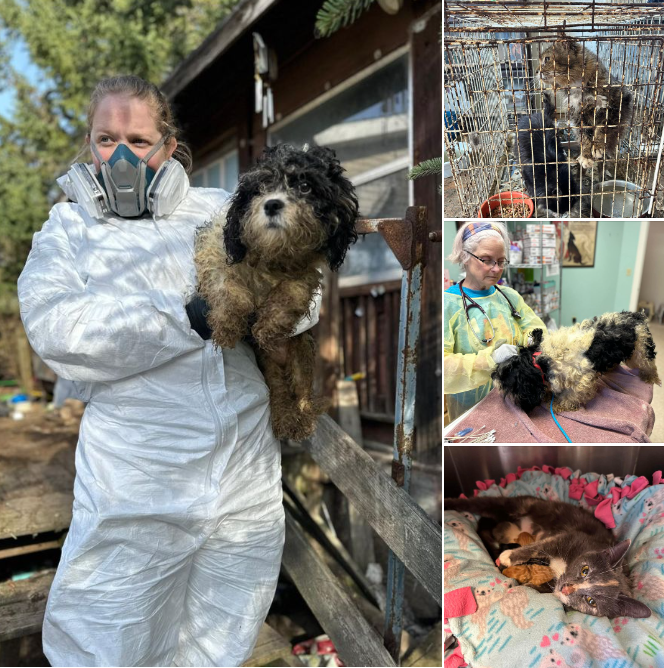
Bird owners are being told to keep an eye on their poultry after a case of the Avian Flu was found in Wexford County.
The Michigan Department of Agriculture and Rural Development (MDARD) is warning bird owners to be diligent after the Avian Bird Flu was found in a Wexford County flock with approximately 60 birds.
“Unfortunately this disease is extremely fatal. Once it has infected a group of birds there is very limited survival,” says Chelsea Lewis-Parisio, MDARD’s Deputy Information Officer.
Avian Influenza, otherwise known as bird flu, is a very contagious virus. The virus has close to a 95% mortality rate for some birds.
It’s been almost a month since officials warned about the virus as it continues to spread across the United States. Dr. Jen Calogero, MDARD’s Assistant State Veterinarian, blames migratory birds for spreading the virus. She says the virus spreads when the migratory birds interact with people and domestic birds.
“It can spread in that capacity when feces, or also someone walks on infected land then they go to their home flock. That could be spreading it in that capacity also,” Dr. Calogero explains.
The recent spread has led local sanctuaries, like the Skegemog Raptor Center in Traverse City, to take extra precautions. The Executive Director, James Manley, says they’ve had to take a lot of extra steps. He says they dress in a full tight vac suit with gloves, booties, hood, and N-95 mask. He says after they’re done working they have to disinfect everything thoroughly and keep all equipment used for quarantine birds separate from unquarantined birds.
“Even once we’re done I still have to bag up my clothing and take multiple showers everyday. This way we make sure we’re staying safe and washing our hands as often as we can,” Manley says.
MDARD is working closely with the owners and will depopulate the flock to try and mitigate the spread. They say to reach out to them if you notice any sudden deaths or symptoms like decreased egg production, lethargy, or respiratory issues in your flock.
“The most important thing is to try to take those steps for bio security. Try to minimize interaction between waterfowl and your domestic birds. And keep an eye on your birds,” Dr. Calogero says.

© 2023 - 910 Media Group
